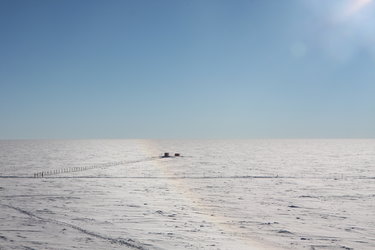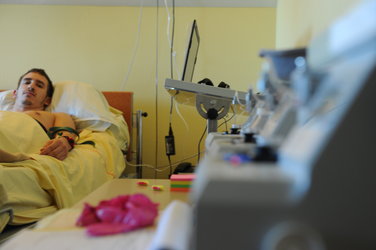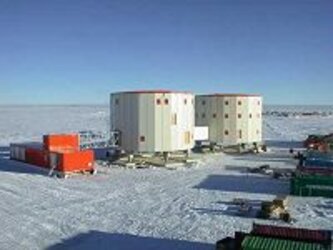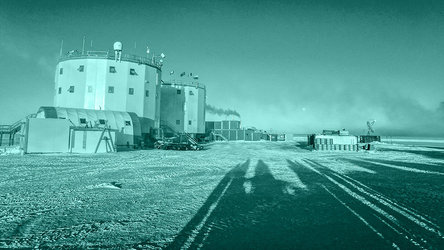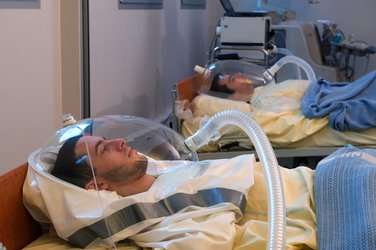Experiments wanted for the next-best-thing to human research in space
ESA is accepting proposals for scientific research using two of its human spaceflight ‘analogue’ platforms: bedrest studies and the Concordia station in Antarctica. Such experiments increase our knowledge of human risks in spaceflight today, and especially help to prepare for future long-duration exploration missions.
Bedrest studies see volunteers lying down with their heads angled below the horizontal to help research the effects of weightlessness on the human body. These medical studies offer great opportunities to investigate the human body and physiological reactions in a controlled environment over long periods.
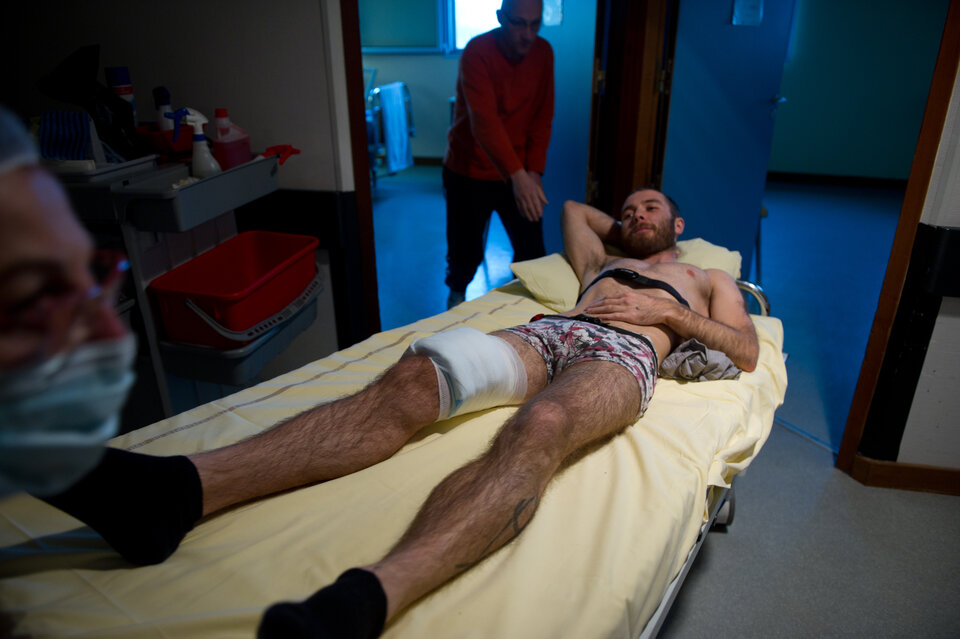
Currently, an ESA bedrest study is in its final stages in Toulouse, France. Another is in preparation for next year in collaboration with the DLR German Aerospace Center. The new opportunity would be a long-duration study in Toulouse, keeping volunteers in bed for 60 days, scheduled to start in 2015.
Concordia is ESA’s go-to research station to study the effects of isolation in stressful conditions. Up to 16 people live and work during the Antarctic winter without sunlight for almost four months. They spend six months without any possibility of rescue or fresh supplies. Temperatures plunge to –80°C and the 3200 m altitude means the participants live in a constant state of hypoxia from lack of oxygen.
ESA sponsors a medical doctor each year to run experiments with the people living in one of the most extreme places on Earth. How will their bodies and minds react to living in dark isolation?
Both projects are part of ELIPS – European Programme for Life and Physical Sciences in Space – ESA’s research programme for science and applications in space, helping to improve our life on Earth and enable humankind’s long-term presence in space.
The deadline for submitting proposals is 6 January 2014. Read the full research announcement texts on the links on the right.





